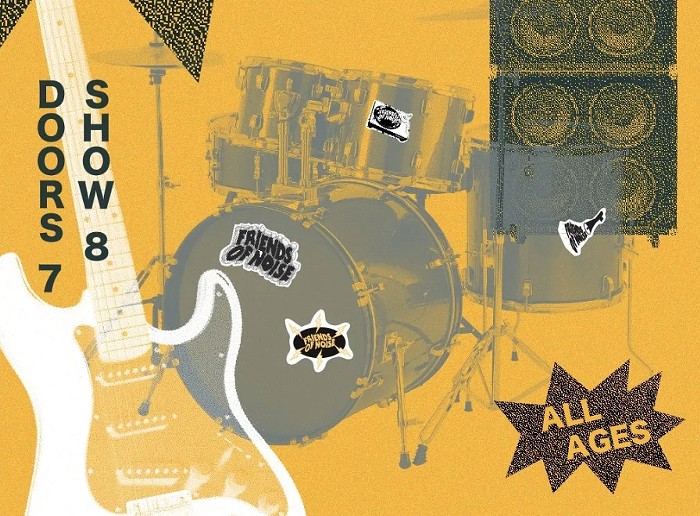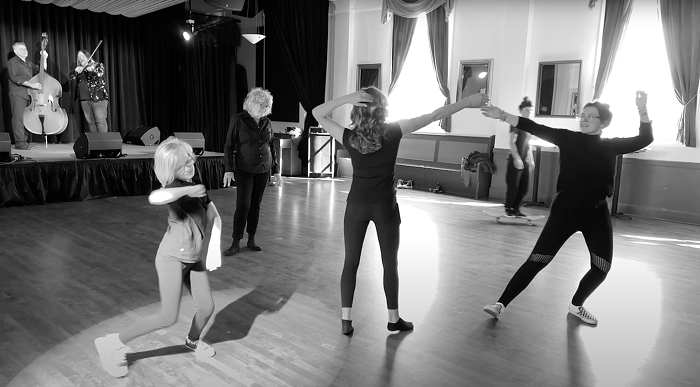In the relatively limited space that exists between consciousness and critique of faceless, equally PR-ed pop bands that flow on and off of the critic's weekly radar, it's easy to make the occasional judgment slip. There's taste and then there's taste on a time clock—and really, even if you say that the Bloc Party are better than Gang of Four, who's really gonna remember a week from now? I feel your pain, music critics—but dudes, when you've stooped so far as to canonize bands as transparently and categorically mediocre as the Magic Numbers, matters have clearly gone too far.
Garnering near universal (if suspiciously quiet) acclaim over the last six months or so for their self-titled debut, the UK-based quartet Magic Numbers again resuscitate the geriatric corpse of Northern California pop, circa 1966 and filter it through generic indierock—neither adding nor subtracting from either sound's most middling purveyors. With a tenor that vaguely recalls Shudder to Think's Craig Wedren (minus any and all character), songwriter Romeo Stodart recycles lyrical cliché after thrice-worn cliché—all over an adult-contempo soundtrack so unremarkable it scarcely merits a list of sources from which it plagiarizes. Comprised of two sets of inter-gendered siblings, the Numbers lean heavily on simple boy-girl harmonies, leading many critics to compare the band favorably to the Mamas and the Papas—a comparison just slightly less offensive than favorably comparing the Killers to the Beatles.
To clarify: It's not that the Magic Numbers are a terrible pop band—it's just that their superficial charms rely considerably more on familiar conventions than any qualities praiseworthy or exceptional. It's mediocrity incarnate, and I'm shocked to have seen so many critics thoughtlessly regard it as one of the best pop albums of the year. It's just like when your English teacher carelessly passed your stoney asses in high school, despite the fact that you "failed to apply yourself"—you're not doing anyone any favors.


















